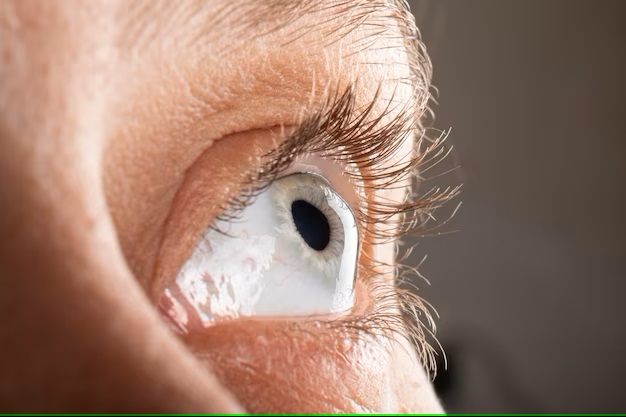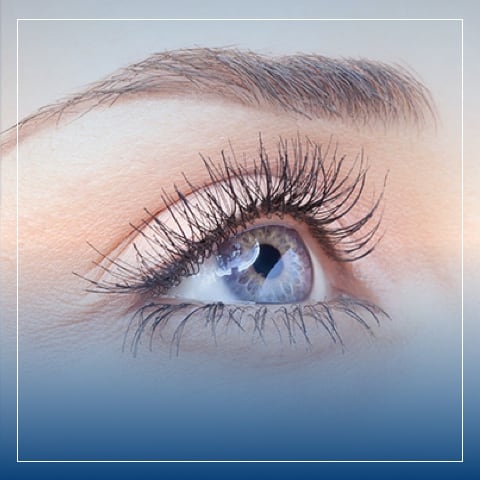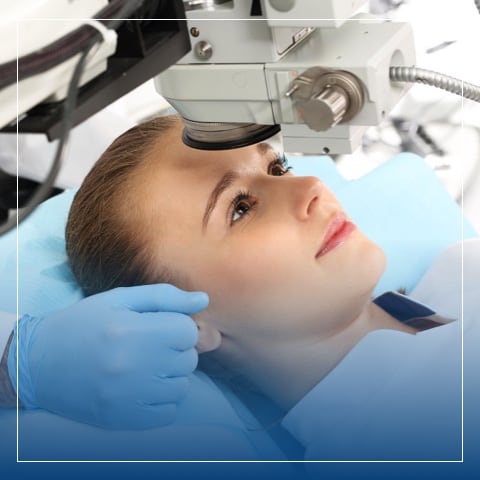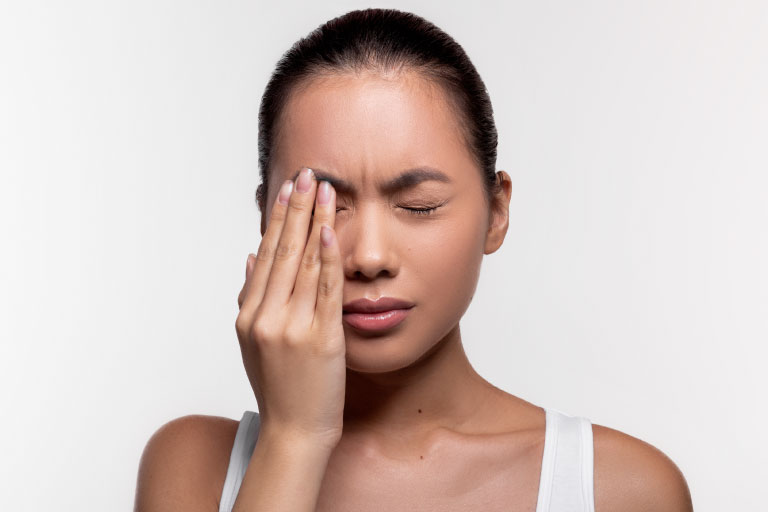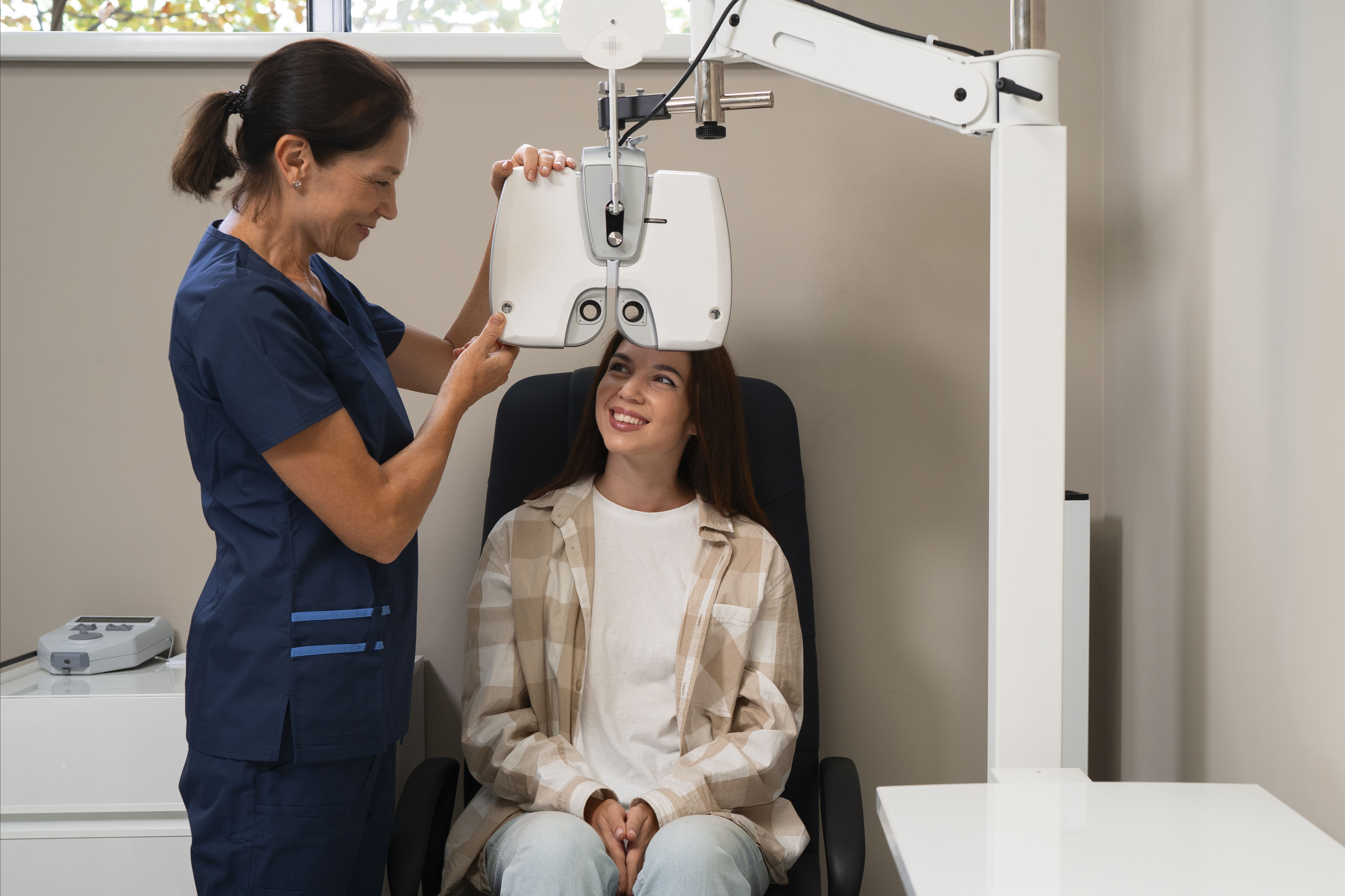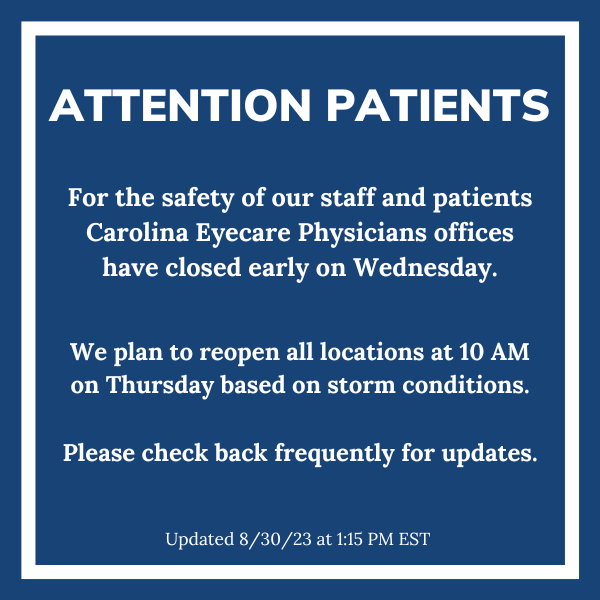Glaucoma is an underestimated disease: most people don’t realize its impact on day-to-day life. In fact, it is one of the leading causes of blindness. Despite advances in better diagnostics and treatment through the years, 15% of those diagnosed with glaucoma may still report progressive vision loss.
Regardless, maintaining good eye health is always crucial. While medical treatments and regular check-ups with an eyecare specialist are essential, incorporating exercise into your routine can also contribute to managing the condition.
What is Glaucoma?
Glaucoma is a complex eye condition characterized by increased intraocular pressure that damages the optic nerve. This damage can lead to mid-peripheral vision loss and, if not managed properly, even central vision loss. Glaucoma can be asymptomatic (unnoticeable) in its early stages, so regular glaucoma eye exams are crucial for early detection and treatment.
Glaucoma Treatment and Lifestyle
Traditionally, glaucoma treatment has revolved around medications, laser surgeries, and regular monitoring by an eyecare specialist. However, recent ophthalmology research has highlighted the potential benefits of adopting a healthy lifestyle, including exercise, to support overall eye health and complement medical interventions. This acknowledges that we can take charge of our own health.
Why You Should Exercise with Glaucoma
Regular exercise has several benefits, like better cardiovascular health, stronger blood circulation, and lower stress. These benefits can indirectly contribute to better eye health by promoting overall well-being and glaucoma-related mental health. But which activities do this?
Best Workouts for Glaucoma
1. Aerobic Exercise
Engaging in low-impact aerobic exercises like walking, cycling, and swimming can encourage blood flow to the optic nerve and help regulate intraocular pressure. Since aerobic exercises are known to promote blood flow to the heart and brain, they may also benefit glaucoma. Aim for 30 minutes of moderate-intensity aerobic exercise most days of the week.
2. Yoga
Yoga’s gentle movements, deep breathing, and relaxation techniques can help alleviate stress and, therefore, promote better eye health. Certain but not all yoga poses may also improve blood circulation to the eyes, like the Forward Fold, Plow Pose, and Happy Baby.
It’s important to practice yoga without tensing or straining your body. Seek a certified yoga instructor to ensure you practice safe poses for your condition. Prolonged inversion should be avoided as this can elevate intraocular pressure and further glaucomatous damage.
3. Resistance Training
Strength training exercises that target major muscle groups can contribute to overall fitness and cardiovascular health. Choose light weights or resistance bands for your daily routine, focusing on proper form and controlled movements.
If performing heavy lifting or powerlifting, always practice good form. Never sacrifice your form for another rep; when you feel yourself going beyond your body’s limitations, lower the weight to avoid injury.
4. Stretching
Many of us may take stretching for granted. By adequately stretching, you release tension from your muscles, significantly lowering your chance of injury during strenuous exercise. Regular stretching also helps improve flexibility. Gentle neck and shoulder stretches can be particularly beneficial for relieving tension in the neck, where blood vessels that supply the eyes are located, possibly promoting better blood flow.
5. Mind-Body Practices
Practices like meditation and deep breathing can reduce stress and promote relaxation, indirectly benefiting eye health. Reducing stress is essential for glaucoma patients, as heightened stress levels can impact intraocular pressure. Remember to give your body a rest.
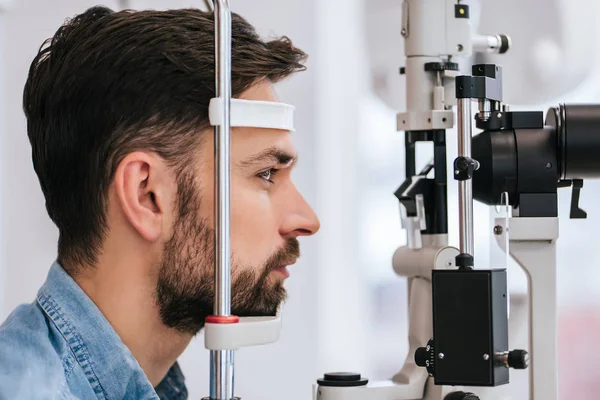
Seek A Glaucoma Specialist To Start
Regardless of the exercise, all bodies are different—yours may react to specific activities better than others. Before performing any exercise regimen, it’s important to consult your eyecare specialist or your primary care provider. That way, they can provide personalized guidance based on your specific condition and recommend safe and suitable exercises. Regular glaucoma eye exams will also ensure that any changes in your eye health are addressed quickly and safely.
The professionals at Carolina Eyecare Physicians can assist with questions you may have about your glaucoma symptoms and treatment. If you have concerns or questions regarding your eye health or want more details about our high-tech glaucoma laser surgery, book an appointment with us.
**The information provided in this blog on Glaucoma treatment is for general informational purposes only. Remember to seek advice from a qualified eye care professional with any questions you may have regarding your specific medical condition or treatment options.**

